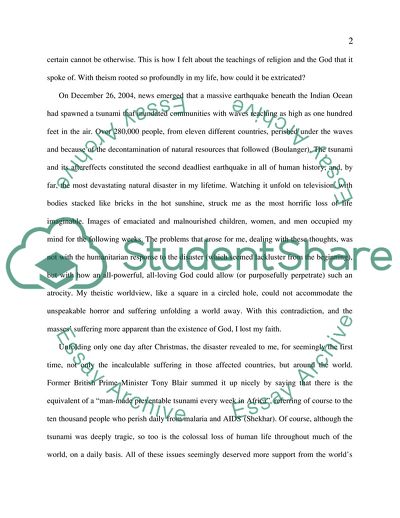Cite this document
(The Loss of Values Article Example | Topics and Well Written Essays - 1250 words, n.d.)
The Loss of Values Article Example | Topics and Well Written Essays - 1250 words. https://studentshare.org/religion-and-theology/1720007-loss
The Loss of Values Article Example | Topics and Well Written Essays - 1250 words. https://studentshare.org/religion-and-theology/1720007-loss
(The Loss of Values Article Example | Topics and Well Written Essays - 1250 Words)
The Loss of Values Article Example | Topics and Well Written Essays - 1250 Words. https://studentshare.org/religion-and-theology/1720007-loss.
The Loss of Values Article Example | Topics and Well Written Essays - 1250 Words. https://studentshare.org/religion-and-theology/1720007-loss.
“The Loss of Values Article Example | Topics and Well Written Essays - 1250 Words”. https://studentshare.org/religion-and-theology/1720007-loss.


